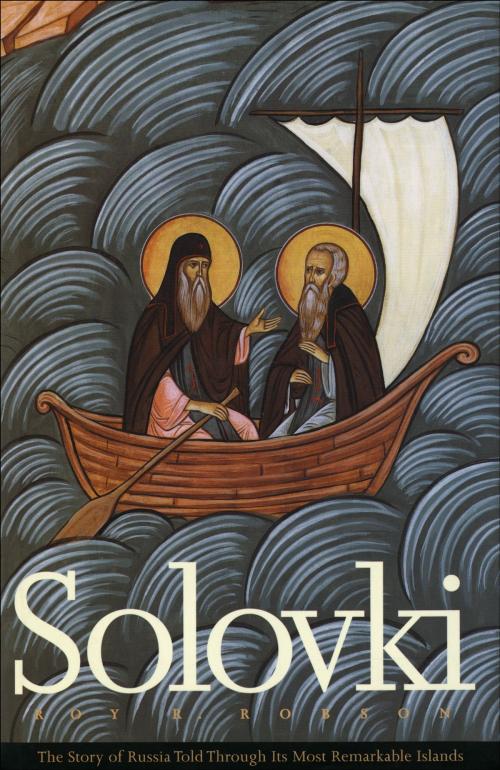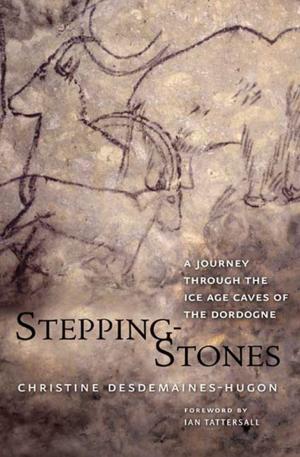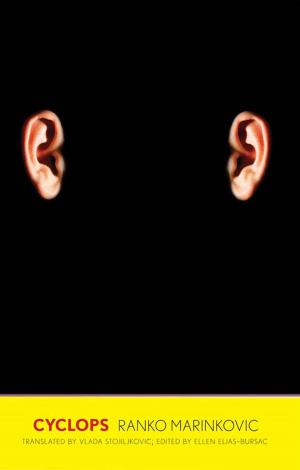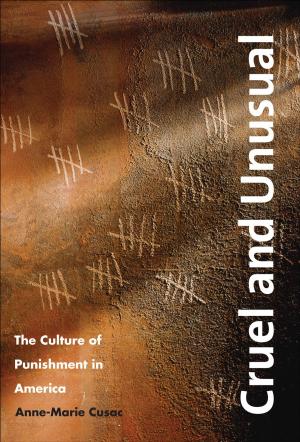Solovki
The Story of Russia Told Through Its Most Remarkable Islands
Nonfiction, History, Asian, Russia| Author: | Roy R. Robson | ISBN: | 9780300129601 |
| Publisher: | Yale University Press | Publication: | October 1, 2008 |
| Imprint: | Yale University Press | Language: | English |
| Author: | Roy R. Robson |
| ISBN: | 9780300129601 |
| Publisher: | Yale University Press |
| Publication: | October 1, 2008 |
| Imprint: | Yale University Press |
| Language: | English |
Located in the northernmost reaches of Russia, the islands of Solovki are among the most remote in the world. And yet from the Bronze Age through the twentieth century, the islands have attracted an astonishing cast of saints and scoundrels, soldiers and politicians.
The site of a beautiful medieval monastery—once home to one of the greatest libraries of eastern Europe—Solovki became in the twentieth century a notorious labor camp. Roy Robson recounts the history of Solovki from its first settlers through the present day, as the history of Russia plays out on this miniature stage. In the 1600s, the piety and prosperity of Solovki turned to religious rebellion, siege, and massacre. Peter the Great then used it as a prison. But Solovki’s glory was renewed in the nineteenth century as it became a major pilgrimage site—only to descend again into horror when the islands became, in the words of Alexander Solzhenitsyn, the “mother of the Gulag” system.
From its first intrepid visitors through the blood-soaked twentieth century, Solovki—like Russia itself—has been a site of both glorious achievement and profound misery.















